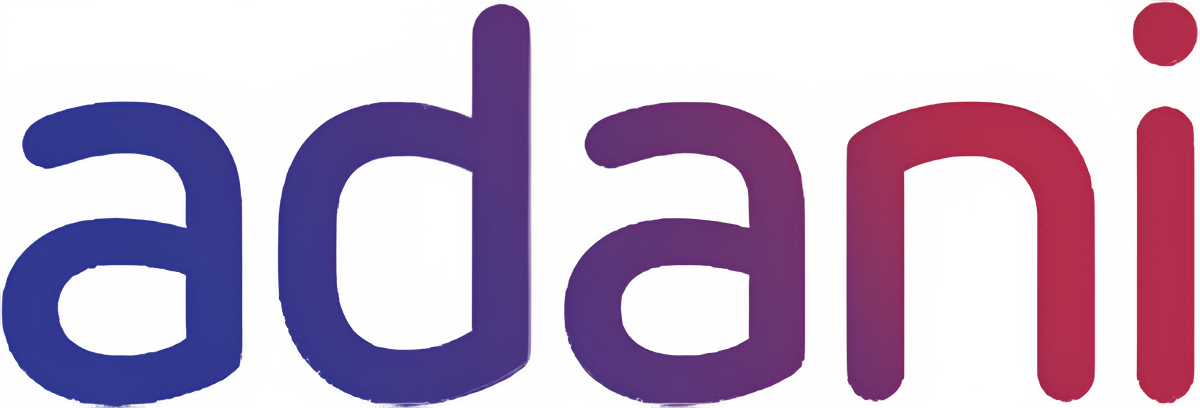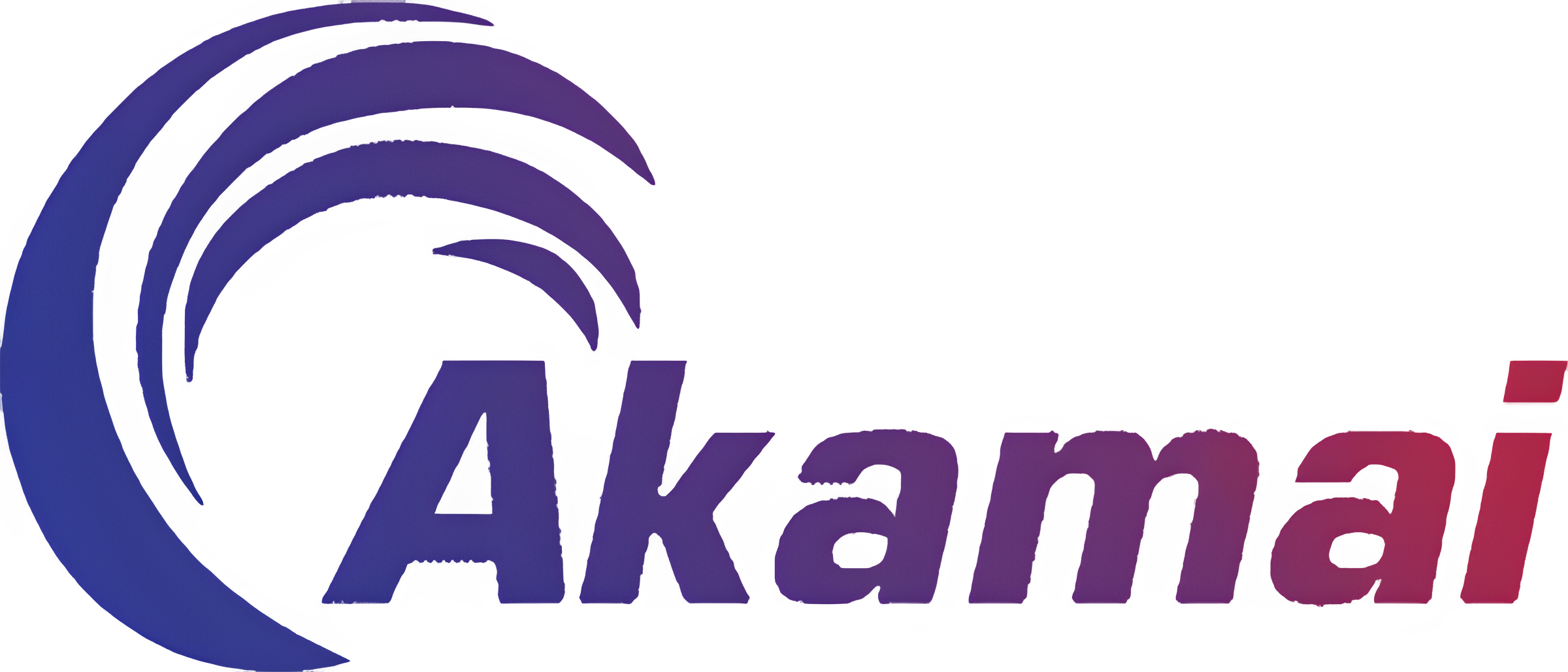Why Your Local Taxi Business Needs a Custom Booking App
A custom taxi booking app transforms your local taxi service into a competitive, technology-driven enterprise. Unlike relying solely on third-party aggregators, a bespoke solution enhances your brand identity, maximizes profits by eliminating commissions, and grants full control over customer data and operations. By leveraging features found in popular platforms like Rapido, Uber, and Ola but tailored to your unique business needs you can deliver superior user experiences, strengthen customer loyalty, and unlock new revenue streams. Partnering with a mobile app development company or taxi app development company, especially an affordable software development company, ensures you benefit from professional expertise in on-demand app development and seamless integration of advanced functionalities like real-time tracking, secure payments, and dynamic pricing.
Strengthening Brand Identity and Customer Loyalty
Owning a custom booking app elevates your brand beyond the indistinct “other taxis.” Every interaction from the app’s color scheme to messaging reinforces your unique identity. A taxi booking app development company can embed your logo, brand voice, and custom features, differentiating your service from generic aggregators. When customers open your app, they engage directly with your brand, increasing recognition and loyalty. Moreover, tailored loyalty programs offering ride credits, priority booking, or premium vehicle options—encourage repeat usage. In contrast, third-party platforms dilute your brand, grouping you with many competitors and making it difficult to stand out.
Maximizing Profits Through Commission-Free Operations
Aggregators like Uber and Ola charge commission fees ranging from 15% to 30% per ride, significantly cutting into driver earnings and operator margins. A custom taxi app bypasses these fees entirely, allowing you to retain 100% of booking revenues. This cost saving can be passed to drivers through higher pay or to customers via promotional discounts, fostering a competitive advantage. A dedicated Rapido clone app or Uber clone app built for your local market ensures you avoid external commissions while offering the same convenience and safety features users expect.
Improving Operational Efficiency and Fleet Management
Custom apps can integrate advanced fleet management systems that automate dispatch, optimize routing, and monitor vehicle health. Real-time driver location data feeds into intelligent dispatch algorithms, matching drivers with nearby passengers to minimize wait times and idle mileage. Automated scheduling tools handle shift assignments and maintenance alerts, reducing administrative overhead. Features such as live traffic overlays and multi-stop routing ensure the most efficient paths, cutting fuel costs and improving turnaround times. A taxi booking app development company often incorporates these logistics enhancements, leveraging best practices from Building an App Like Rapido, Uber, or Ola to suit local urban layouts.
Harnessing Data-Driven Insights
With a custom app, you own and analyze all user and operational data. Insights into booking patterns, peak demand periods, and popular routes enable data-driven decisions on pricing, promotions, and fleet allocation. Heatmaps visualize high-demand zones, guiding where to position vehicles during rush hours. Customer feedback collected directly in the app ratings, reviews, and support tickets helps identify service gaps and training opportunities. This closed feedback loop is impossible when you rely on aggregator platforms, where data is shared sparingly.
Enabling Dynamic Pricing and Revenue Optimization
Dynamic pricing adjusting fares based on real-time demand, traffic conditions, or special events maximizes revenue during peak periods while ensuring affordability during off-peak hours. A custom platform can implement surge algorithms and user notifications tailored to your market. Transparent surge indicators maintain trust by explaining fare increases. In comparison, aggregators’ opaque pricing can frustrate both drivers and passengers. Integrating dynamic pricing into your Uber clone app or Ola clone app gives you full control over fare structures and maximizes earnings per trip.
Elevating Safety and Trust
Safety features SOS buttons, trip sharing, driver background checks, and in-trip monitoring are critical to user adoption. A taxi app development company can embed multi-layered security protocols, from biometric logins to encrypted communication channels. Customizable safety options, such as driver status verification and automated ride recordings, increase passenger confidence. These features, branded within your app, signal a commitment to rider well-being that generic platforms may not emphasize. Research shows passengers are more likely to choose services that prioritize transparent safety measures.
White-Label vs. Fully Custom Solutions
White-label solutions offer rapid deployment at lower initial cost but come with limited customization and shared codebases that can hamper scalability. Fully custom development while requiring a larger up-front investment provides total flexibility over features, design, and architecture. An affordable software development company can balance these models by offering modular, extensible custom solutions that avoid the pitfalls of white-label lock-in, ensuring your app grows seamlessly with your business needs.
Technical Architecture for Scalability and Resilience
A robust architecture underpins a high-traffic taxi app. Microservices deployed via Docker containers and orchestrated by Kubernetes allow independent scaling of modules like user management, booking engine, payments, and notifications. Real-time updates leverage WebSockets for low-latency driver-passenger communication. Geo-spatial queries and mapping integrations (Google Maps, Mapbox) handle route calculations and ETA predictions. A hybrid database approach PostgreSQL for transactional integrity and Redis for caching frequently accessed fare data ensures both reliability and speed. This infrastructure, championed by leading mobile app development company, guarantees high availability even during demand spikes.
UI/UX Best Practices for Passenger and Driver Apps
Intuitive, thumb-friendly interfaces are vital. Passenger apps should prioritize a clean booking flow: pickup/drop-off entry, vehicle type selection, fare estimate, and one-tap confirmation. Driver apps focus on clear job notifications, navigation, and earnings dashboards. Real-time status indicators and contextual tooltips reduce friction. Dark-mode support, accessibility options, and multilingual interfaces broaden reach in diverse urban markets. Periodic usability testing with real users refines these designs, ensuring both apps feel native and responsive a priority for any grocery app development company or specialized taxi app team.
Integrating Payment and Loyalty Systems
Seamless Payment gateway integration ensures riders can pay via credit/debit cards, mobile wallets, or UPI, with receipts and trip histories stored in the app. Tokenization reduces PCI-DSS scope by masking card details. Additionally, integrating loyalty programs ride credits, referral bonuses, and tiered memberships encourages repeat usage. An app that remembers rider preferences and automatically applies relevant discounts demonstrates marketplace authority and enhances customer trust, key components of E-E-A-T.
Compliance, Privacy, and Data Protection
Complying with regional transportation regulations, data privacy laws (such as GDPR), and payment security standards is non-negotiable. Implement OAuth 2.0/JWT for secure authentication, TLS encryption for data in transit, and AES-256 for data at rest. Role-based access control limits sensitive operations to authorized personnel. Transparent privacy policies, regular security audits, and third-party penetration tests build credibility and ensure long-term viability.
Selecting the Right Development Partner
Choosing between a general mobile app development company, a niche taxi booking app development company, or an affordable software maintenance company depends on your priorities. Look for partners with proven experience in rapido clone app, Uber clone app, or Ola clone app projects. Evaluate portfolios, client testimonials, and case studies to confirm expertise in on-demand mobility solutions. Clear communication channels, agile workflows, and a track record of on-time delivery signal a partner capable of guiding you through the full software lifecycle from discovery and prototyping to launch and ongoing support.
Roadmap to Launch: From Concept to Go-Live
Start with a discovery phase to map your unique value propositions and user personas. Rapid prototyping validates the UI/UX before heavy investment. Parallelize development and QA with 2-week sprints, ensuring incremental feature delivery and early feedback. Conduct closed beta tests in select neighborhoods to gather real-world insights and iron out operational kinks. Coordinate a phased rollout beginning with core booking and tracking, then layering in advanced features like dynamic pricing and loyalty programs. This structured approach minimizes risk and accelerates time to market.
Continuous Improvement and Growth Strategies
Post-launch, track key metrics daily active riders, average wait times, driver utilization rates to identify bottlenecks. Implement A/B testing for new features, optimize dispatch algorithms based on real-time data, and schedule regular usability studies. Scale your fleet management module to support surge staffing during events or holidays. Explore integrations with public transit, bike-share, or other mobility services to create multimodal journeys. Partner with local businesses for co-marketing and expand into adjacent services like delivery or on-demand courier options.
Conclusion
A custom taxi booking app is no longer a luxury but a strategic imperative for local taxi operators seeking to thrive in today’s digital age. By investing in a purpose-built solution whether through an Uber clone app, Ola clone app, or dedicated Rapido clone app you gain complete control over your brand, operations, and revenue. Expert partners such as a specialized taxi app development company, taxi booking app development company, or affordable software development company bring the technical know-how in on-demand app development to realize your vision. Embrace the future of urban mobility with Dinoustech Private Limited’s end-to-end expertise, and position your taxi business for lasting success.

















